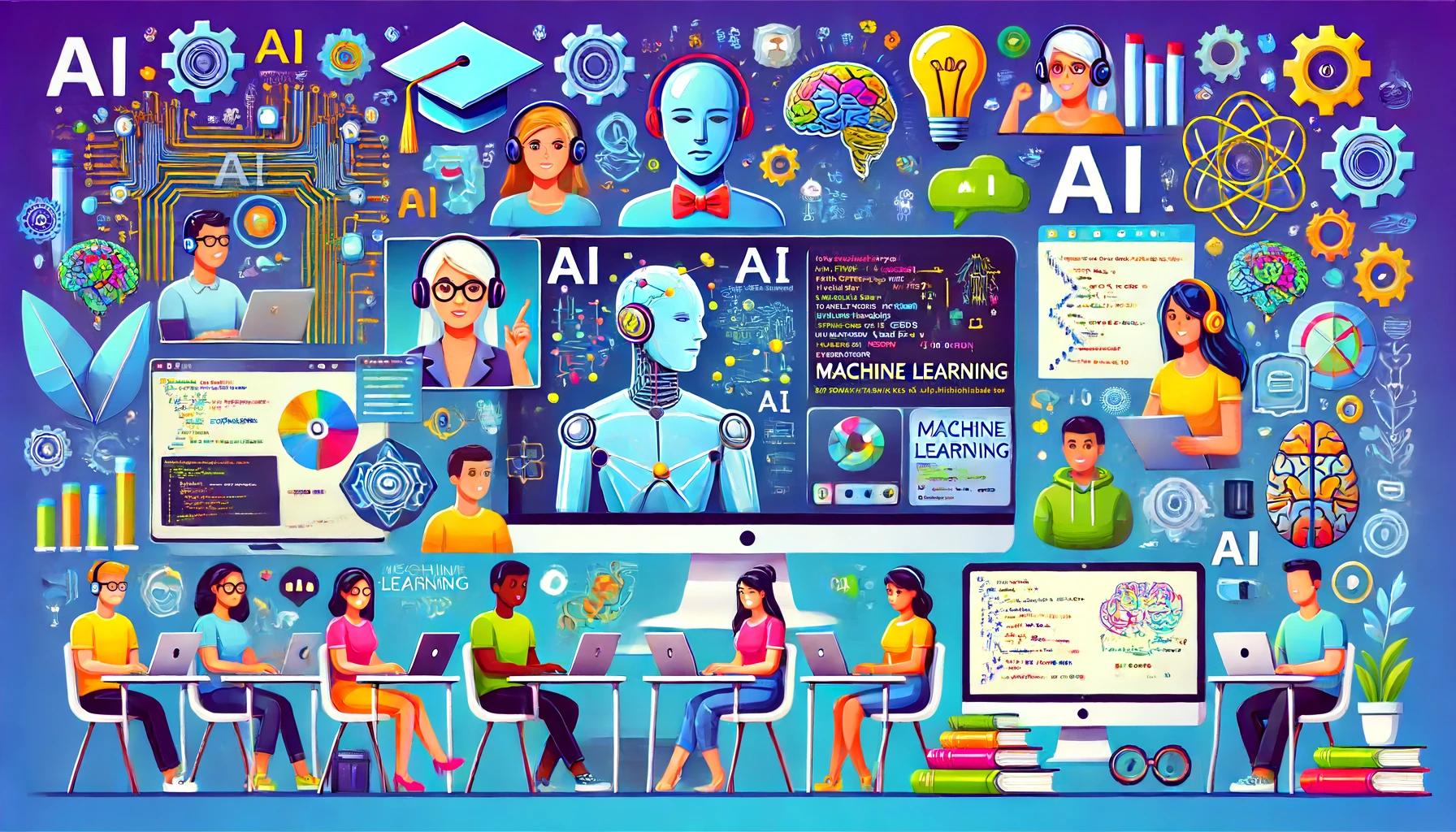Deep learning, a subset of artificial intelligence (AI), has become a game-changer across various industries. By enabling machines to learn from vast amounts of data and make predictions or decisions, deep learning has unlocked unprecedented capabilities. This article delves into some of the most impactful applications of deep learning, each backed by relevant examples and links for further exploration.
Transforming Healthcare
Enhancing Medical Imaging with Deep Learning
Deep learning has revolutionized medical imaging, aiding in the early detection and diagnosis of diseases. Convolutional neural networks (CNNs) analyze X-rays, MRIs, and CT scans, identifying anomalies with remarkable accuracy. For instance, deep learning models can detect cancerous tumors in mammograms more accurately than human radiologists, leading to early intervention and better patient outcomes.
For more information, you can explore how deep learning is used in medical imaging.
Personalized Medicine
Deep learning also plays a crucial role in personalized medicine. By analyzing a patient’s genetic makeup and medical history, deep learning models can predict the most effective treatment plans. This personalized approach improves patient outcomes and minimizes adverse effects.
To learn more, read about deep learning in personalized medicine.
Revolutionizing Financial Services
Fraud Detection and Prevention
In the financial sector, deep learning is instrumental in detecting and preventing fraud. By analyzing transaction patterns and identifying anomalies, deep learning models can detect fraudulent activities in real-time. This capability is vital for protecting both financial institutions and their customers.
For detailed insights, check out how deep learning is applied in fraud detection.
Algorithmic Trading
Algorithmic trading relies heavily on deep learning to analyze market data and make trading decisions. These models can process vast amounts of information, including historical data and real-time market trends, to execute trades at optimal times, maximizing profits and minimizing risks.
Learn more about deep learning in algorithmic trading.
Advancing Autonomous Vehicles
Self-Driving Cars
Deep learning is at the core of the development of self-driving cars. By processing data from various sensors, including cameras, LIDAR, and radar, deep learning models can recognize objects, understand their environment, and make driving decisions. This technology promises to enhance road safety and revolutionize transportation.
For more information, explore the role of deep learning in autonomous vehicles.
Traffic Management
Deep learning also contributes to intelligent traffic management systems. By analyzing traffic patterns and predicting congestion, these systems can optimize traffic flow, reduce travel times, and minimize emissions.
To dive deeper, read about deep learning in traffic management.
Enhancing Customer Experience
Chatbots and Virtual Assistants
Deep learning powers chatbots and virtual assistants, providing personalized customer service and support. These AI-driven systems understand natural language, respond to queries, and assist with tasks, improving customer satisfaction and operational efficiency.
For a detailed understanding, check out how deep learning enhances chatbots and virtual assistants.
Recommendation Systems
E-commerce platforms and streaming services leverage deep learning for recommendation systems. By analyzing user behavior and preferences, these systems provide personalized recommendations, enhancing user engagement and driving sales.
Learn more about deep learning in recommendation systems.
Redefining Manufacturing
Predictive Maintenance
In manufacturing, deep learning is used for predictive maintenance. By analyzing data from machinery and equipment, these models can predict failures before they occur, reducing downtime and maintenance costs.
For more insights, read about predictive maintenance with deep learning.
Quality Control
Deep learning also enhances quality control in manufacturing. By inspecting products for defects and ensuring they meet quality standards, deep learning models improve production efficiency and product quality.
To explore further, check out how deep learning is used in quality control.
Conclusion
Deep learning continues to revolutionize various industries, driving innovation and improving efficiency. From healthcare to manufacturing, its applications are vast and impactful. By harnessing the power of deep learning, businesses can unlock new opportunities and stay ahead in the competitive landscape.
For further reading, consider exploring additional resources on deep learning applications.

Leave a Reply